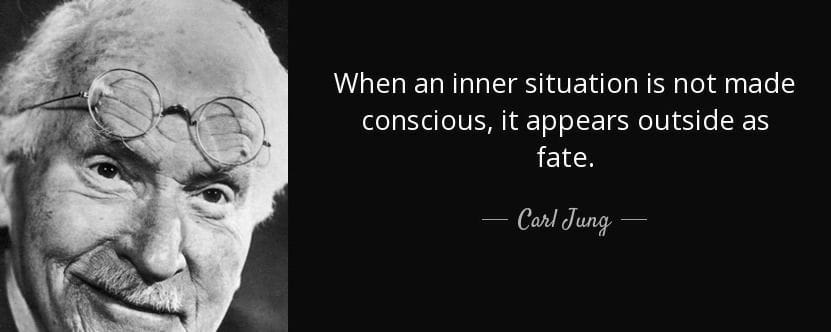29th Jan, 2022
Enantiodromia is a principle introduced by psychiatrist Carl Jung – that the superabundance of any force inevitably produces its opposite. It is similar to the principle of equilibrium in the natural world, in that any extreme is opposed by the system in order to restore balance.
This can be anticipated as well in the principles of traditional Chinese religion – as in Taoism and yin-yang. A central premise of the ‘I Ching’ is that yang lines become yin when they have reached their extreme, and vice versa
Though “Enantiodromia” was coined by Jung, it is implied in the writings of Heraclitus, who was an Ancient Greek, pre-Socratic, philosopher. For example, Heraclitus says “cold things warm, warm things cool, wet things dry and parched things get wet”.
Similarly, excess talent leads to overconfidence which leads to excessive risk taking which may lead to lack of success. It’s the idea that an excess of something gives rise to its opposite.
Extending the argument further, Excess of work without a break will lead to a minor ailment or a breakdown and you will be forced to take a break.
The weekend is here, don’t force the law of averages to correct the things for you – Don’t allow Enantiodromia to happen in your working life.
Do the correction yourself, take a break this weekend and stay blessed forever.

